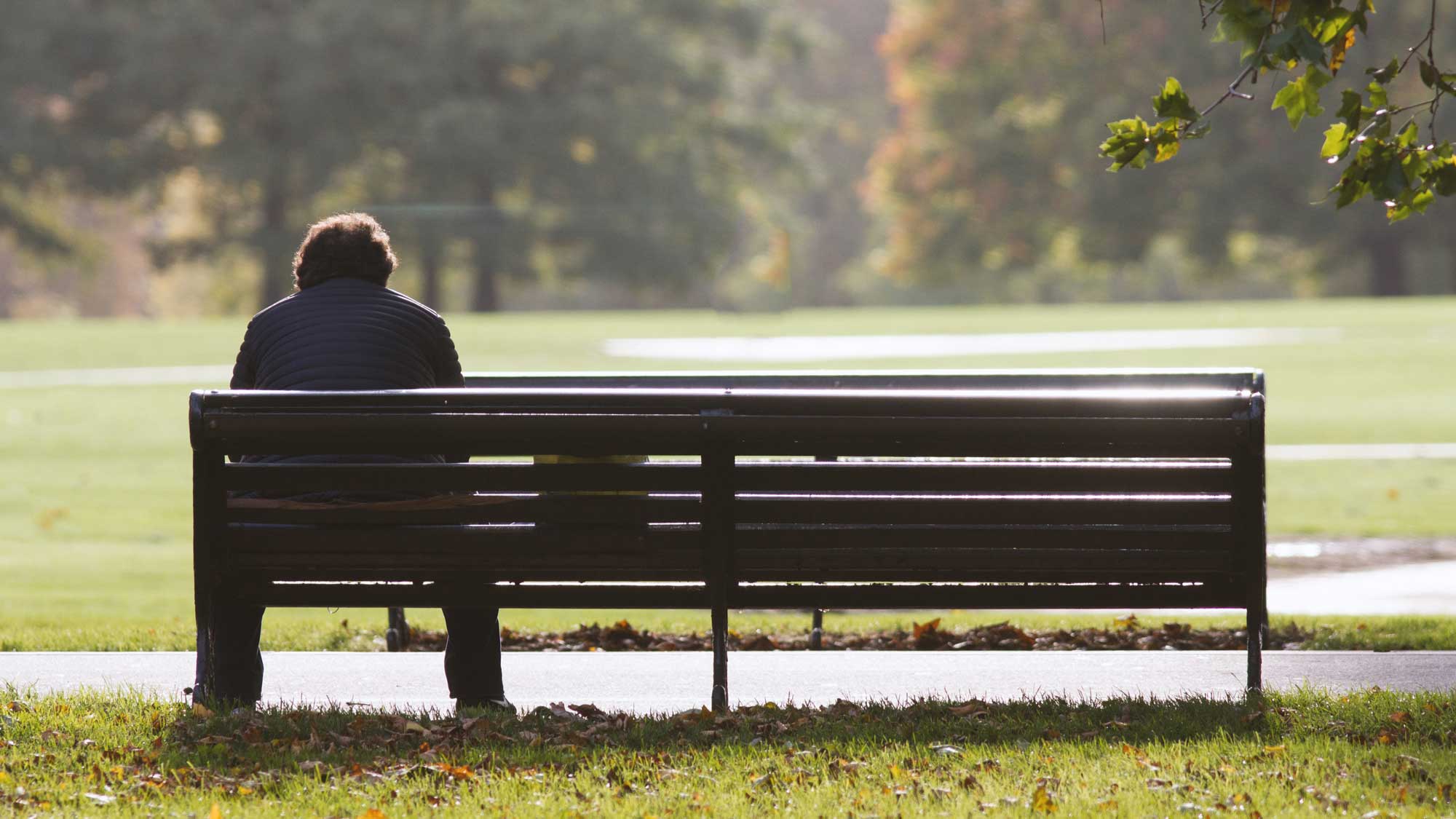We’ve all experienced upheavals in our schedules since COVID-19. Although it isn’t easy, and some days are better than others, most people have become accustomed to their “new normal” during the pandemic. Now, many of us face a new challenge: returning to routines.
Sending children back to school, a partner to their workplace or heading back to work yourself. These changes can leave you feeling a little stressed and out of sorts. No matter what routine you’re starting to formulate, how can you negotiate the stress that comes with readjusting your life…again?
Purpose
Change can be difficult. Yet not having plans for how your day, week, or life unfolds can lead to health risks, many of which are avoidable. Studies show when we lack routine in our lives, tasks can feel more extensive than they really are, and we excessively worry about completing them. We may find ourselves trying to catch up with our to-do lists, often adopting “night owl” behavior to stay up and finish tasks. When we fail to plan for dinner or prep for meals, fast food feels like the best alternative, which leads to unhealthy eating on the run. Having a routine means you’ve made great use of your time by planning out what your day looks like by budgeting where your attention is needed.
Practice
Just as we help children practice getting ready for the new school year, adults can benefit from settling into a routine before it really begins. If you’re switching from telecommuting to heading into the office, start by adjusting when you wake up and when you head to bed. Don’t forget to account for your morning routine and commute time. If you have children with schedules to keep, practice dry runs of what the morning looks like for everyone. Soon, your pattern will become a habit.
Pack
Tuck extra face masks in your backpack or tote. Make sure the laundry is washed and ready. Pack your lunch before bed so you can grab it and go in the morning. The more you take off your plate, the less stress and aggravation you’ll experience when trying to make it out the door. For children, consistent routines teach them to be responsible for their belongings and to manage their time.
Prepare
Communication within routines is vital to letting others know where you’re at physically and mentally. Consider creating a command center—a place where you share everything from what’s on your weekly calendars to a feelings chart. Your command center can also include weekly meal plans, extracurricular activities, feel-good-phrases for the week, or love notes and words of inspiration. Having a centralized place to keep everyone informed cuts down on confusion and misinformation.
Patience
Of all the years, 2020 is the one to have grace for others and for ourselves. Staying organized and building a routine can increase productivity in the workplace, enhance your personal life, and improve your health. Lower stress levels mean less anxiety, and that leads to more relaxation. An essential facet is finding a schedule that works best for you. One size does not fit all, so if you need help developing healthy patterns to combat life’s stressors, Valley Oaks Health is here for you.






